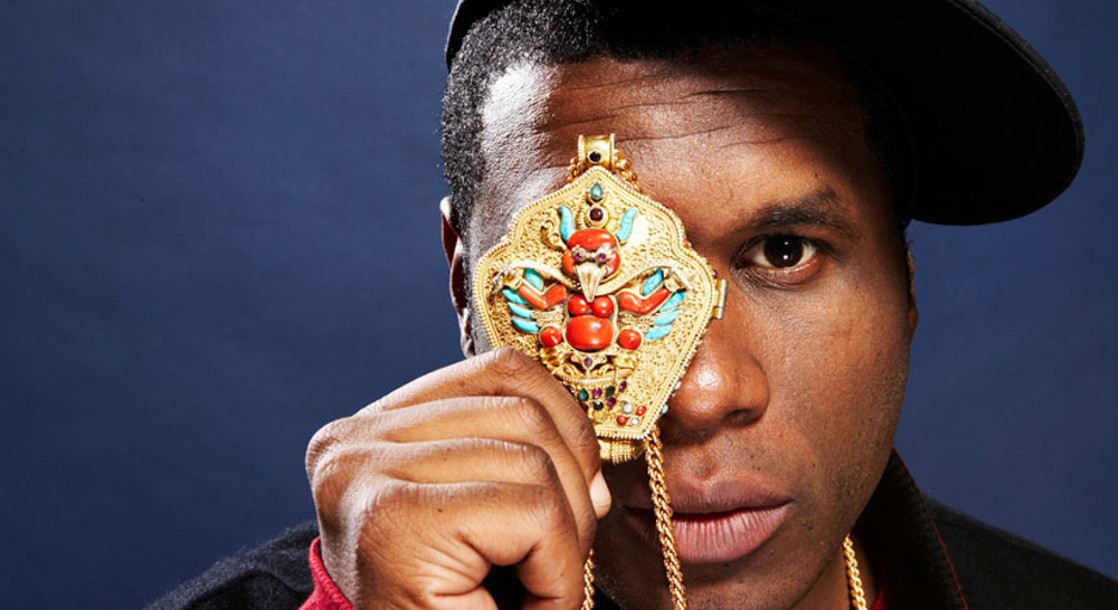The emerging legal marijuana economy is rolling in the green, with estimated 2015 sales surpassing a $5.4 billion according to recent industry reports.
But with 23 states now allowing some form of legal weed and over a dozen others considering similar legislation, activists are concerned over how many people of color are collecting all the green.
"It's obvious from attending a marijuana business conference that the industry is heavily white and heavily male,” said Kris Krane a marijuana industry consultant and former director of the National Organization for the Reform of Marijuana (NORML), tells MERRY JANE.
After attending the Marijuana Business Conference and Expo, Tiffany Wu, a San Francisco Bay Area attorney specializing in the cannabis industry told reporters she was underwhelmed by the lack of diversity.
"I personally saw maybe less than 15 Asian Americans during my three days there," she said. This sparked Wu to team up with friends to found Asian Americans for Cannabis Education, an organization.
Industry experts like Krane believe strides have been made to include women, for instance with groups like Women Grow.
"There has been very little movement towards better racial equality in the industry," Krane said.
Unlike many other industries, Krane notes unique barriers to enter the marijuana business including widespread laws excluding people with prior drug convictions, as well as licensing rules requiring "between $200,000 and $1.5 million in fees and demonstrated capital just to apply."
"The marijuana industry is faced with the same barriers to entry for people of color as all other industries — structural and societal racism, lack of access to business networks, and basic prejudices," Krane added.
In 2010 alone, marijuana offenses comprised nearly half of 1.64 million drug-related arrests in the U.S. — and a 2013 ACLU report concluded black people are arrested for marijuana possession at 3.73 times the rate of whites nationally, despite similar levels of actual use.
Not only are there hundreds of census blocks across the country that accrue costs of at least one-million annually on incarceration, the funding for such heavy-handed enforcement has increasingly been diverted from other crucial public programs like schools.
But beyond that, business development costs to start and grow a cannabis company can run into the millions — and since traditional lending institutions fear marijuana's federally proscribed status, mostly white, independently wealthy and well-connected entrepreneurs have a strong competitive advantage relative to the general population.
"In my experience, there's a serious lack of diversity in the legal marijuana industry," adds Shaleen Title, founder of THC Staffing. "There's currently no data available quantifying the problem, but the Minority Cannabis Business Association is working on a study gathering data on the number of people of color in the industry. "
Economically disadvantaged people "have no capital to start a business, they are unlikely to be hired by shopkeepers, there is no small business administration program that is actively helping them start a new venture," says Columbia University sociologist Sudhir Venkatesh. "When the government put the regs in place, they made it impossible for most low income people to ever enter the economy."
Even just getting a job in marijuana retail or production can be difficult for people with a record.
"In the short run, it's mostly people coming over from producing medical and high-end black market, which disproportionately served a more educated and more affluent market and was disproportionately white," says Carnegie Mellon University drug policy expert Jonathan Caulkins.
"It’s a big country and generalizations always get one in trouble, but to some extent African-Americans were more involved in distribution below the production level, and that is the end of the supply chain for which skills relevant to illegal distribution have essentially zero value for legal distribution," Caulkins added.
"If the distinctive skill of a low-level wholesale or retail marijuana seller is willingness to break the law, that is a demerit not a credit in the eyes of the store owner trying to recruit trustworthy staff."
Title says that while legalization has already seen success righting many of the wrongs of prohibition, future legislation such as a proposed bill in Massachusetts must include components like "skills-based training, education, and job placement programs."
"In general, the reform movement has focused on criminal justice, succeeding in removing the criminal element of marijuana and stopping people from getting arrested," she concludes. "That's huge. But now we need to focus on economic justice, too."











